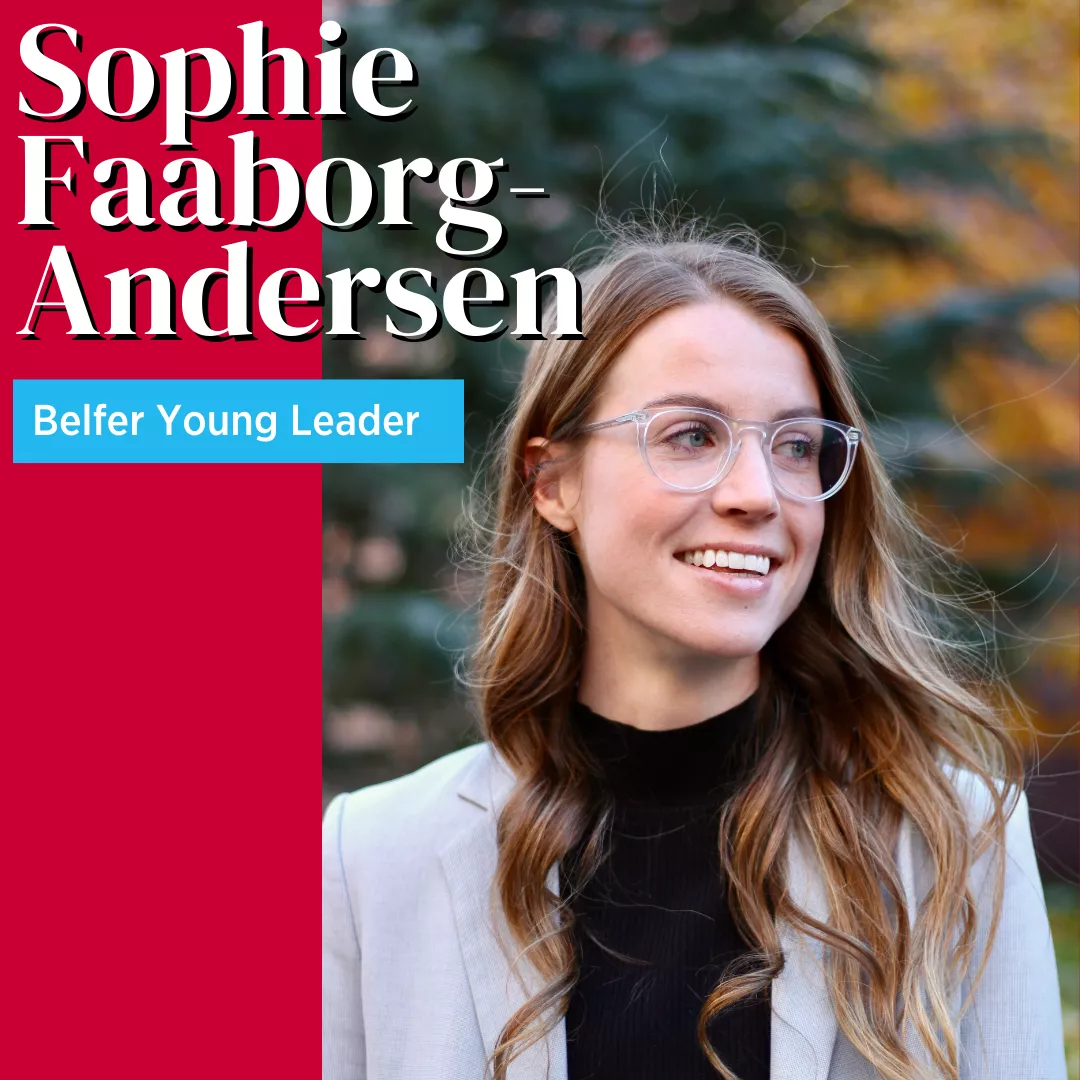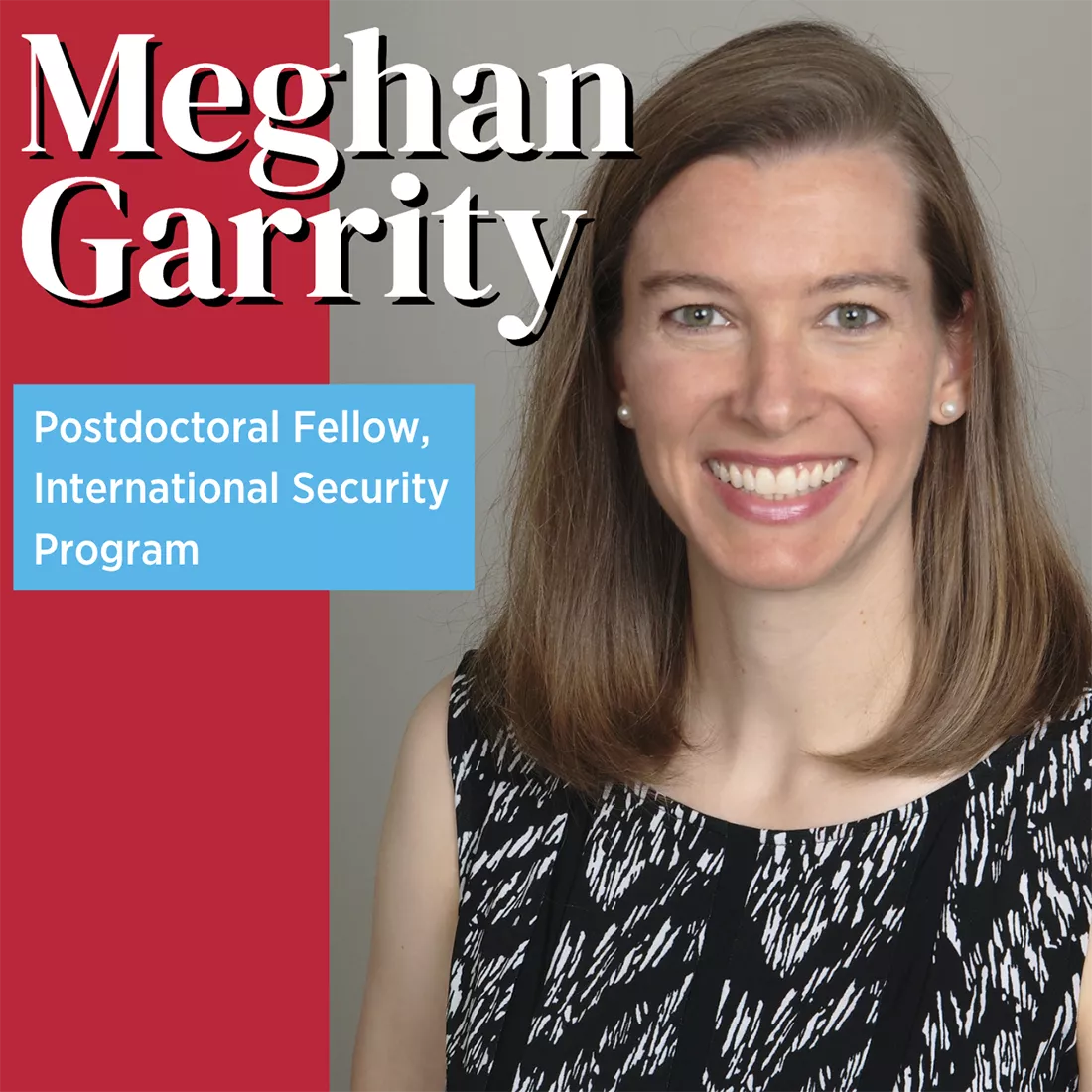This fall, the Belfer Center welcomed more than 100 talented pre- and post doctoral fellows with expertise in issues ranging from national and international security and diplomacy to cyber, technology, climate change and energy policy. Along with selected Belfer Young Leader Student Fellows, these talented individuals who bring with them a wide range of backgrounds and experience, contribute valuable fresh ideas to the Center community. They work with Center faculty members and other fellows while researching and brainstorming issues of interest.
Below are just a few of this year's fellows:
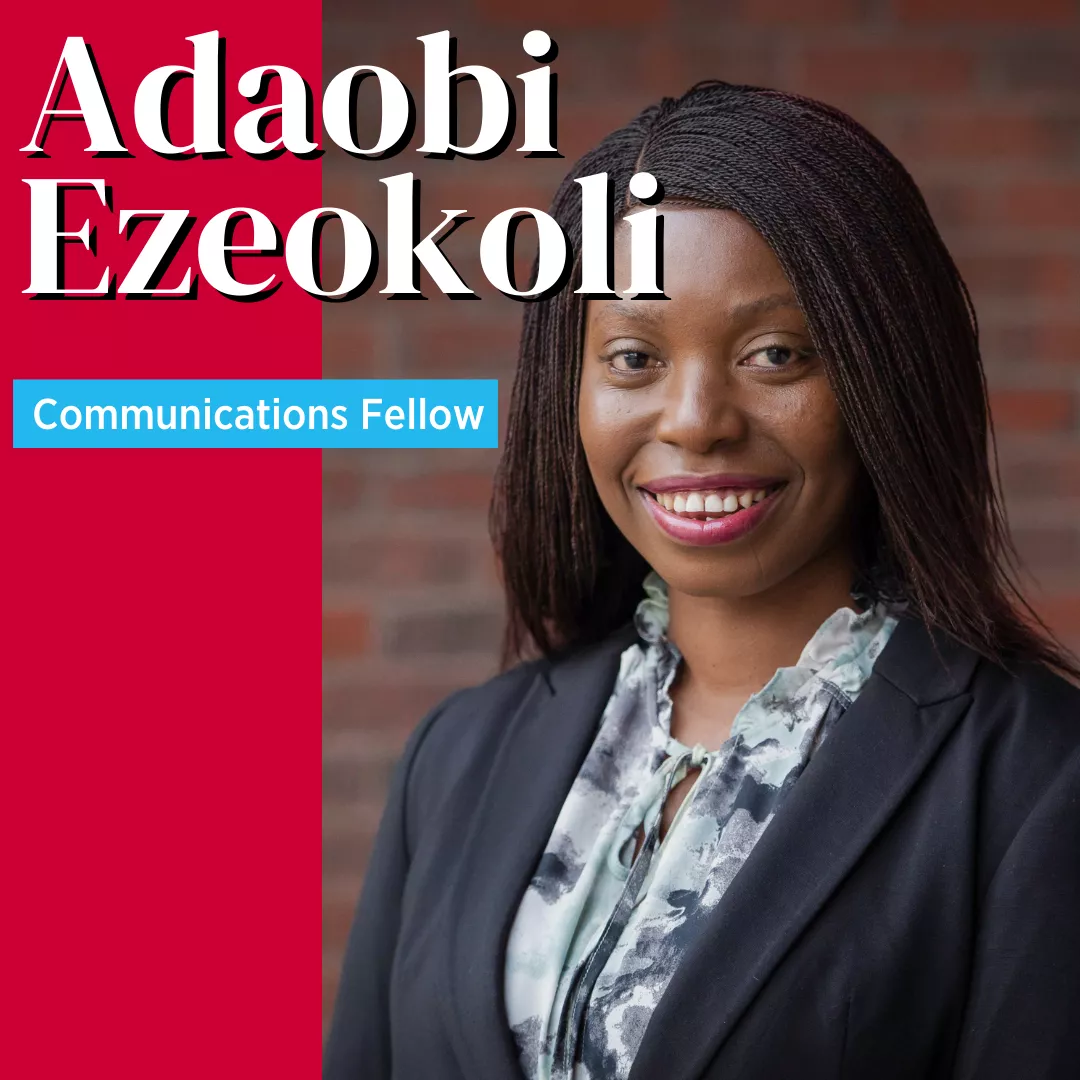
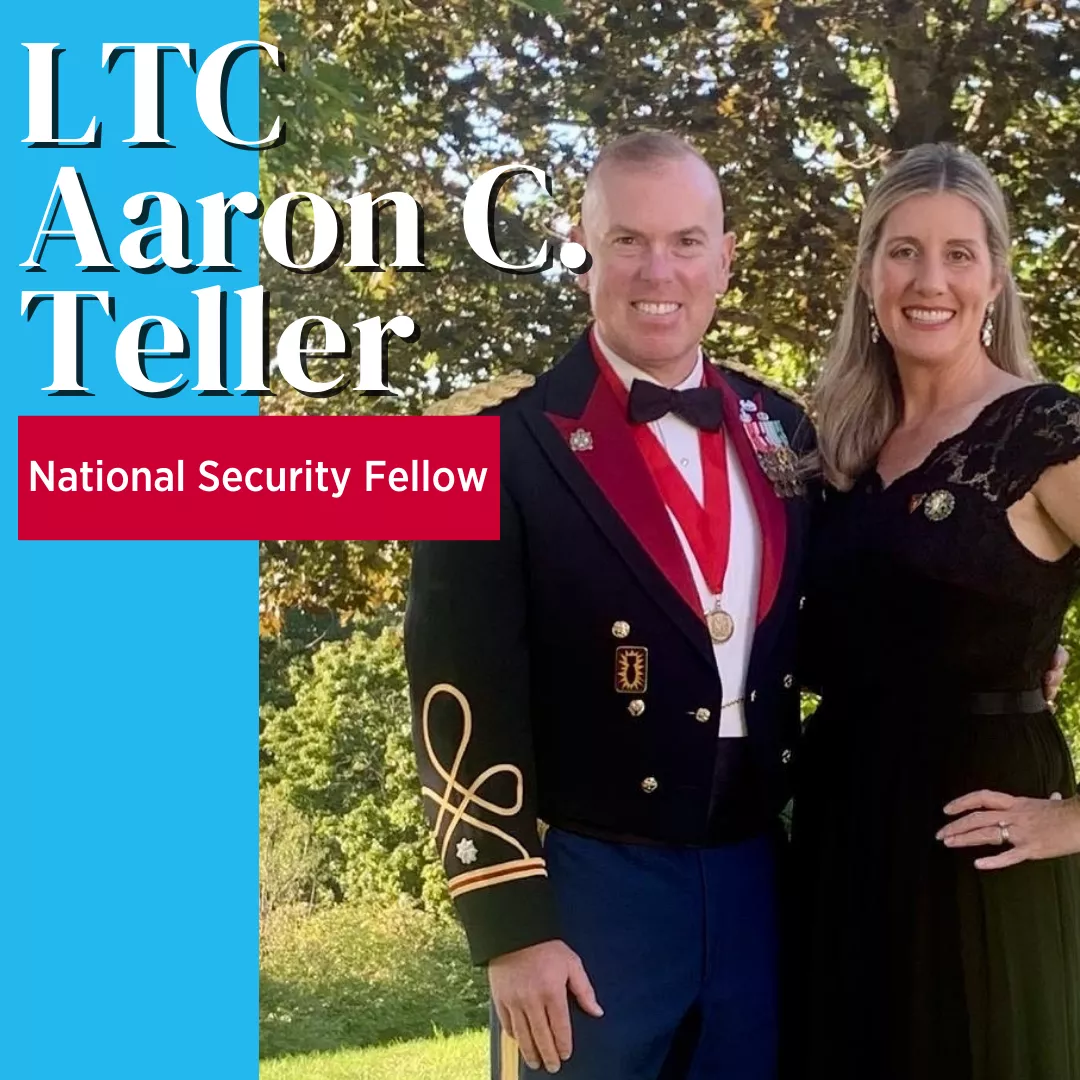
Lieutenant Colonel (LTC) Aaron C. Teller (National Security Fellow) is an active-duty U.S. Army Officer of 20 years currently serving as a National Security Fellow at Harvard Kennedy School's Belfer Center for Science and International Affairs. He most recently served as the Commander of the U.S. Army’s 79th Ordnance Battalion (Explosive Ordnance Disposal) at Fort Riley, Kansas. He recently moved to the Cambridge area with his wife, Mary, who has two daughters, Kenley, age 12, and Scarlett, age 10. The Teller Family has fit right in to the Harvard community. They are hosting two International students at Harvard Law School and are active in the community. Aaron was born in Hillsville, Virginia, and is a graduate of North Carolina State University in Raleigh, North Carolina. He holds a Master of Arts in National Security and Strategic Studies from the U.S. Naval War College in Newport, Rhode Island. LTC Teller has had multiple combat deployments overseas and operational assignments across the United States.
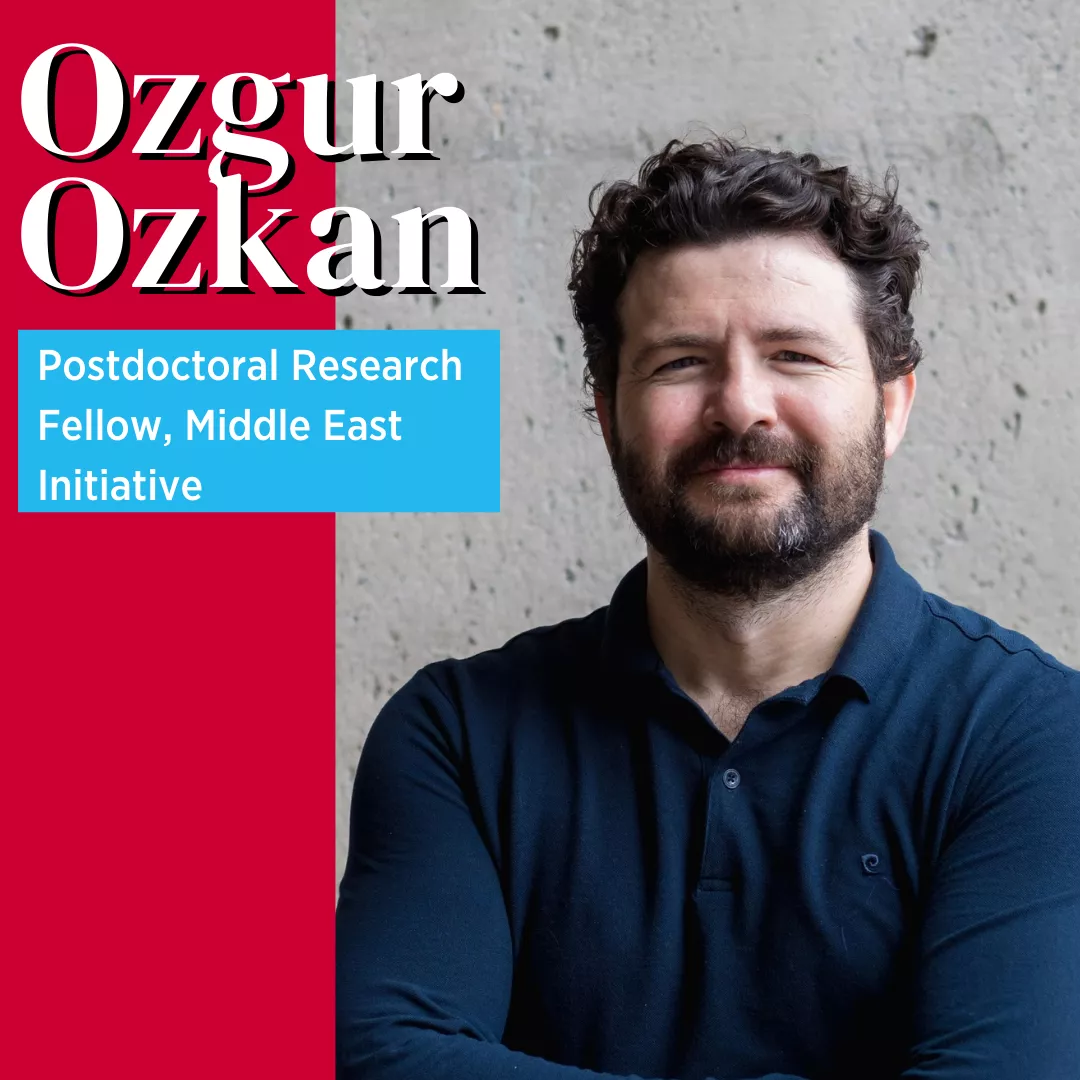
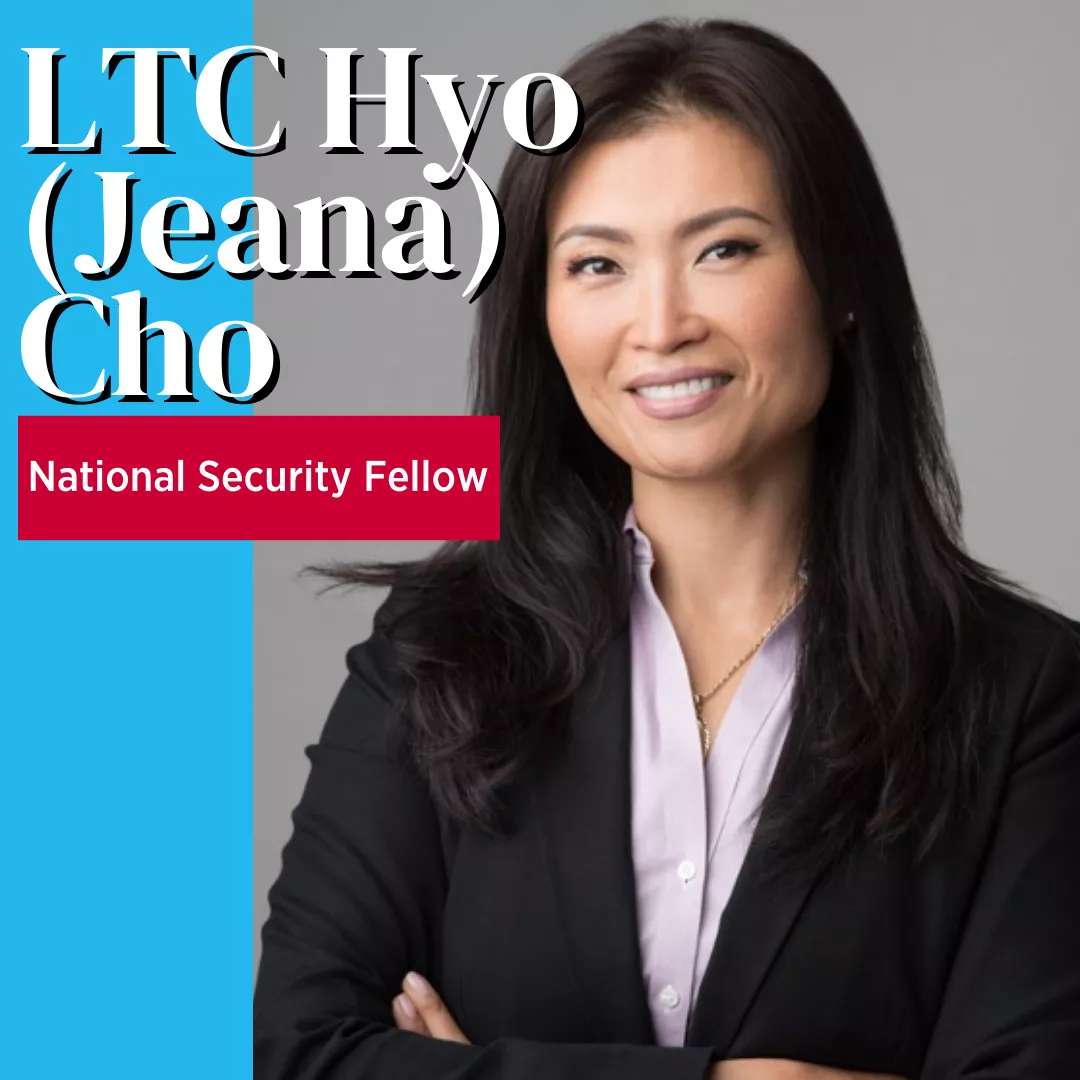
Lieutenant Colonel Hyo (Jeana) Cho (National Security Fellow) was born in Seoul, Korea, and immigrated to the United States when she was 11 years old. LTC Cho enlisted in the District of Columbia Army National Guard in 1998 and was commissioned as a Transportation Officer in 2004. Before arriving at Harvard Kennedy School as a National Security Fellow, LTC Cho served as the Commander of the 1225th Combat Sustainment Support Battalion, where she led a multicomponent battalion in the United States European Command Area of Responsibility in support of Atlantic Resolve. LTC Cho holds a bachelor's degree in Spanish Language & Literature, Master's degrees in Security Management and Military Studies, and a Doctorate of Management in Organizational Leadership. She was also an Adjunct Professor at Southern New Hampshire University until she took Command in February 2020.
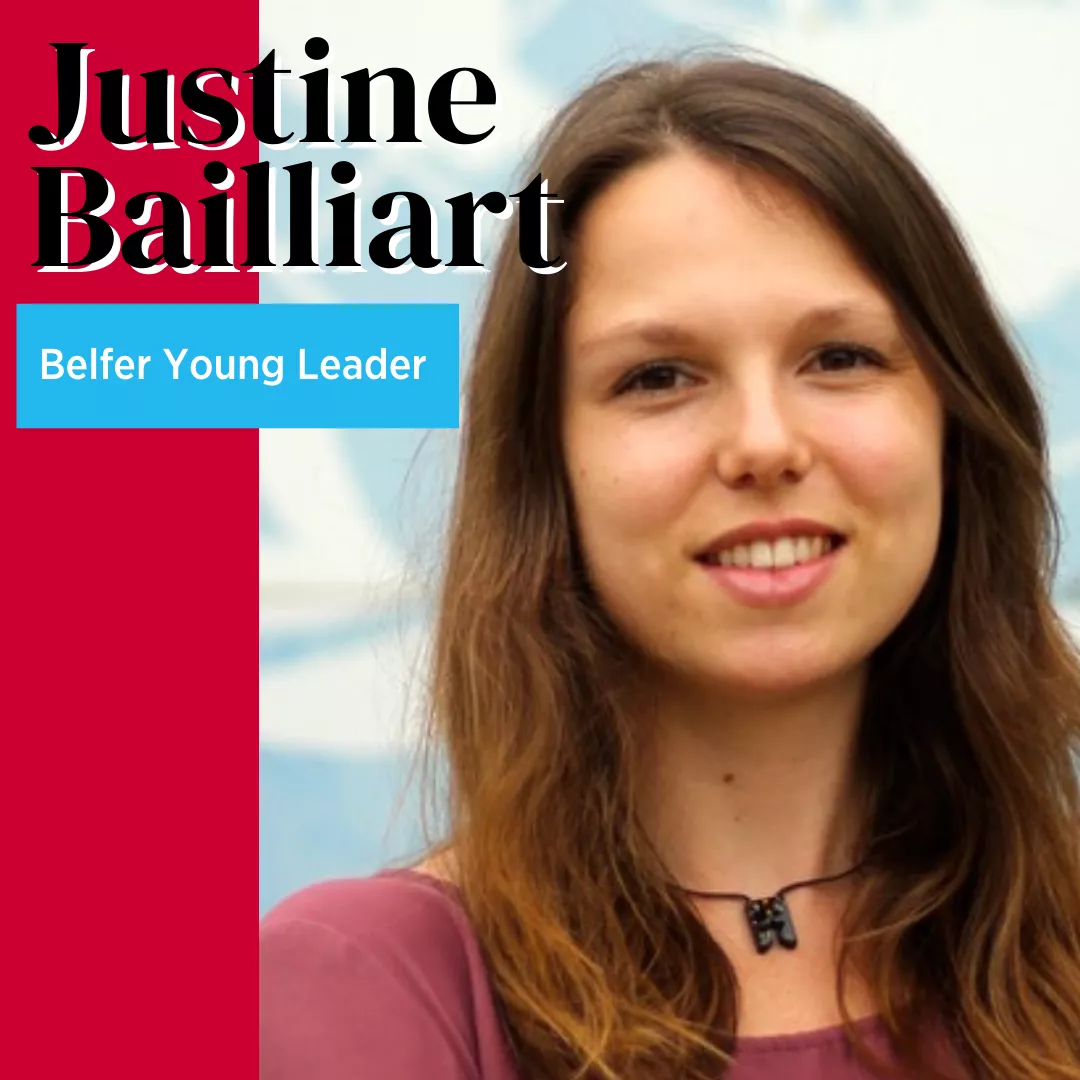
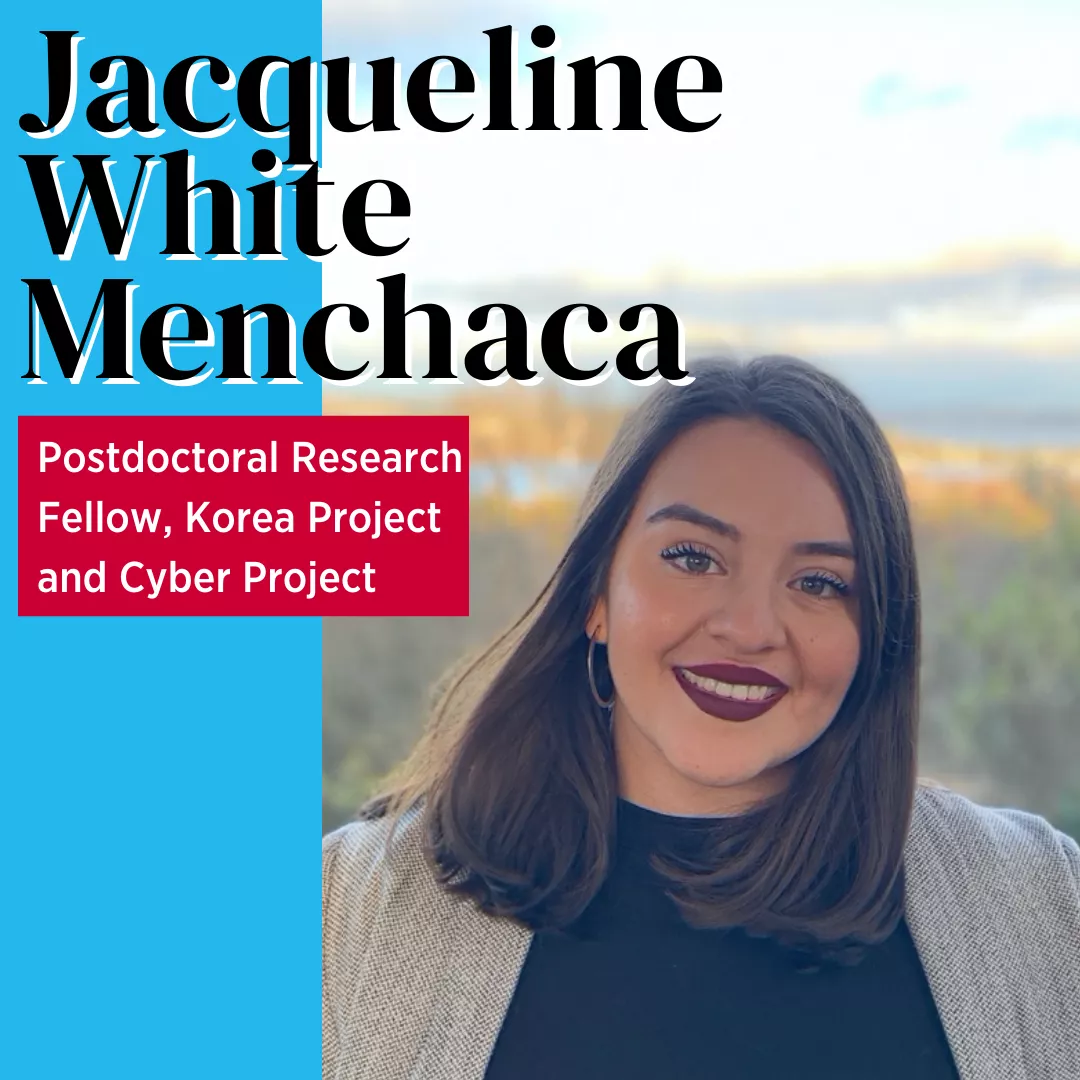
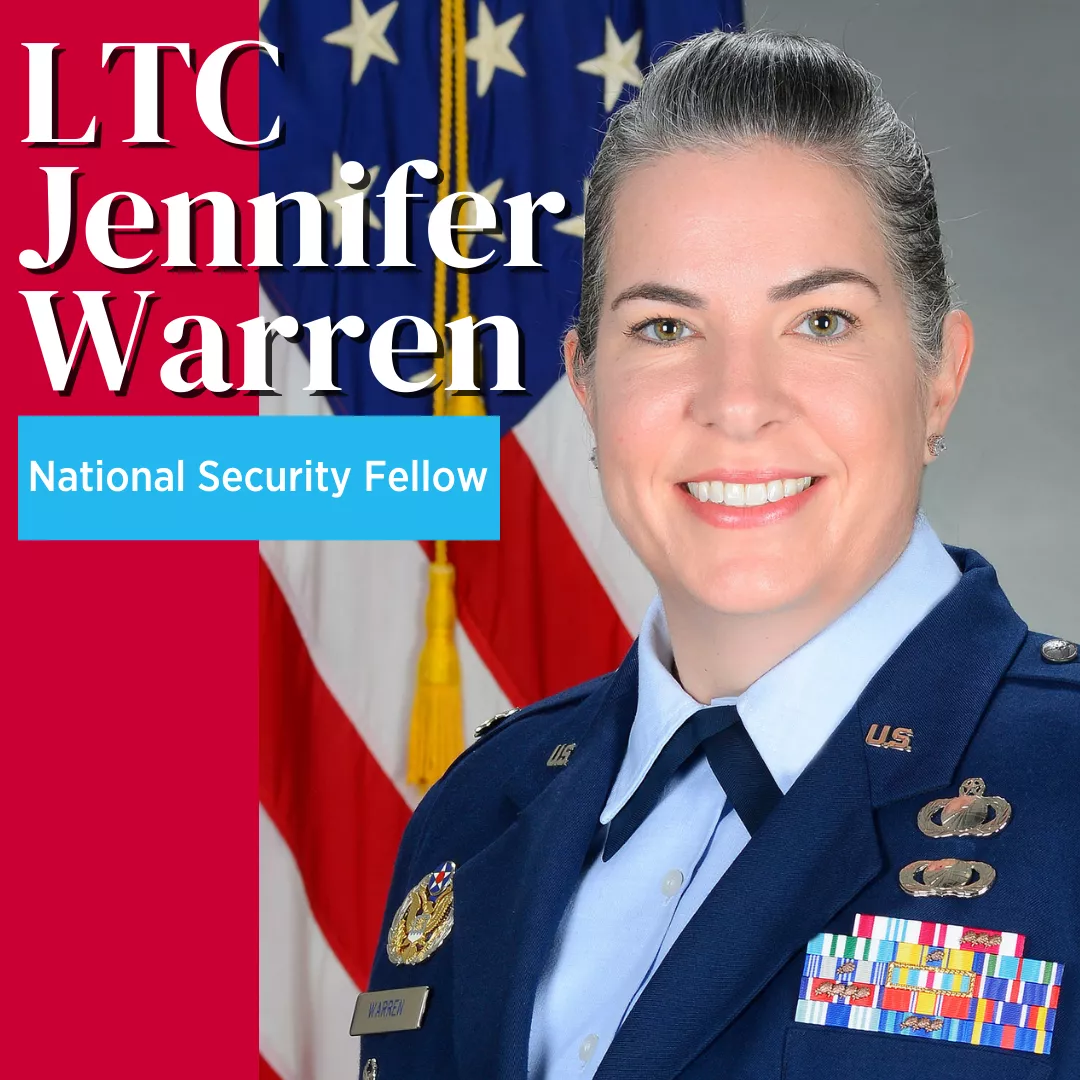
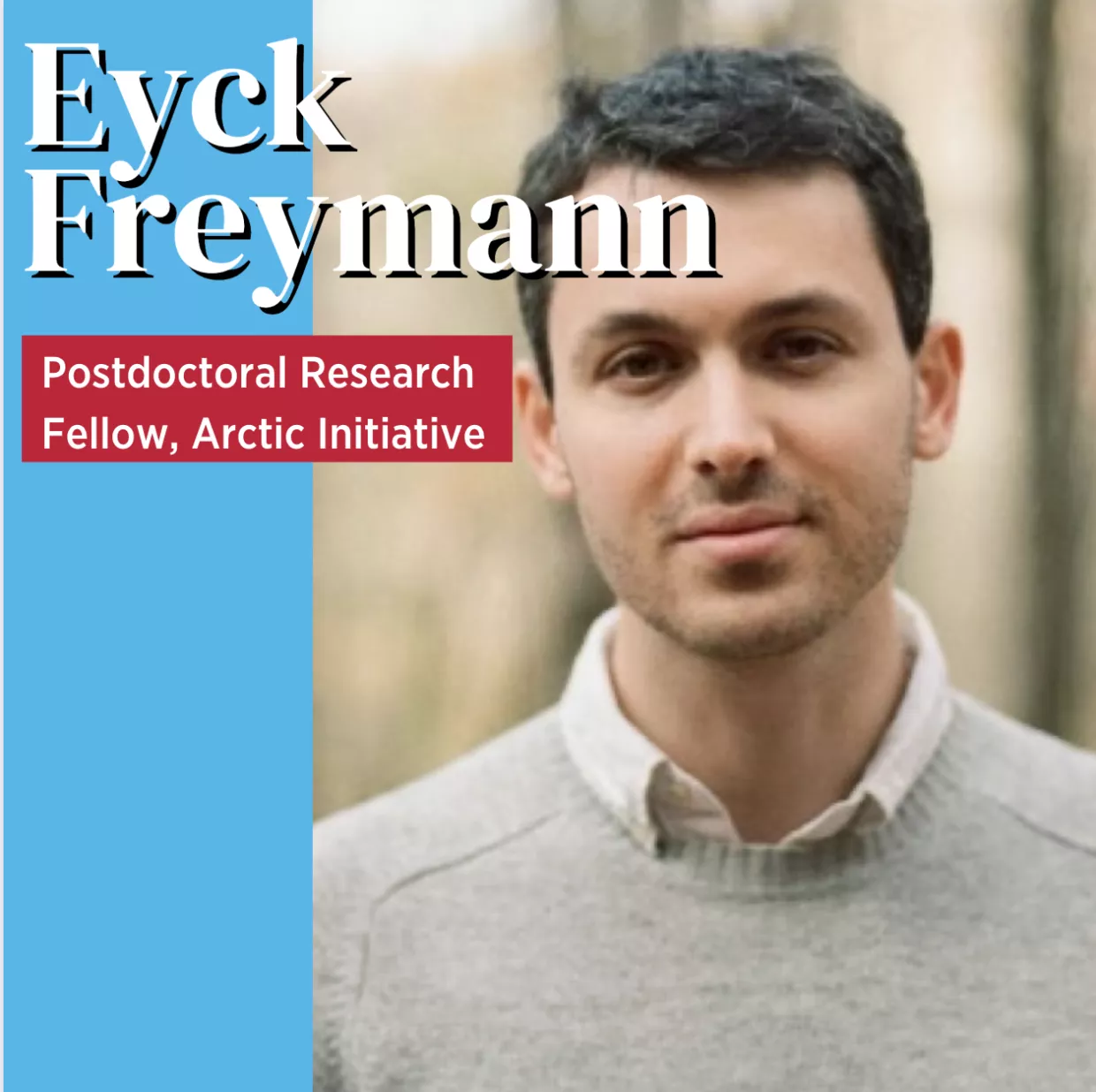
Eyck Freymann (Postdoctoral Research Fellow, Arctic Initiative) holds joint postdoctoral fellowships at the Belfer Center’s Arctic Initiative and the Columbia-Harvard China & the World Program, where he works on the geopolitics of climate change. He is also a Non-Resident Research Fellow with the U.S. Naval War College's China Maritime Studies Institute. Eyck’s first book, One Belt One Road: Chinese Power Meets the World (Harvard 2021), is taught at Harvard, Cambridge, Columbia, and Peking University. His writing has appeared in The Wall Street Journal, Foreign Affairs, The Economist, Foreign Policy, and The Atlantic. He is also the author of “The Warming War,” a series of investigative reports for The Wire China about the nexus between climate change and U.S.–China competition. Eyck earned his doctorate in China Studies from Balliol College, Oxford; two masters degrees in China Studies from Harvard and St Edmunds College, Cambridge; and a bachelors cum laude in East Asian History from Harvard College.
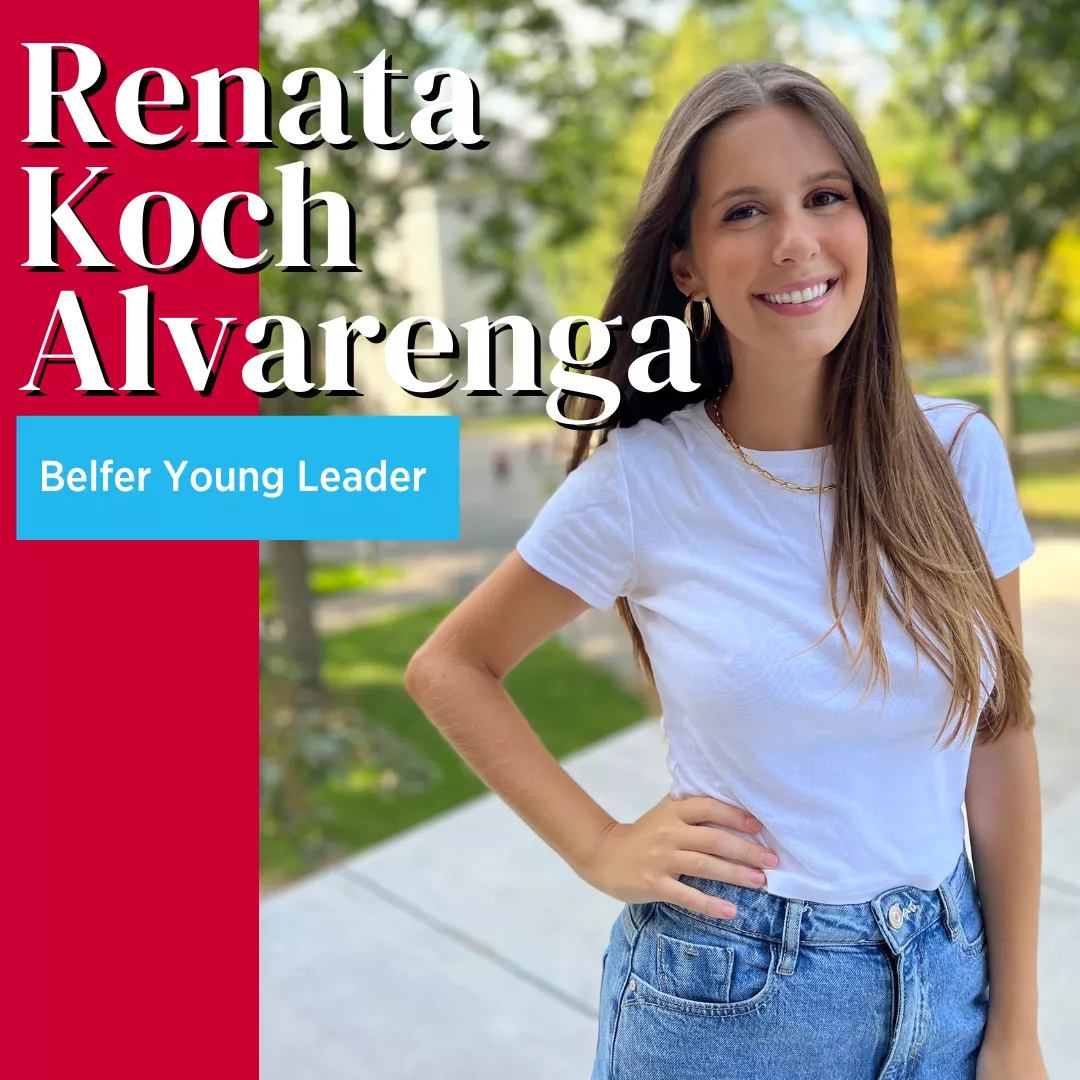
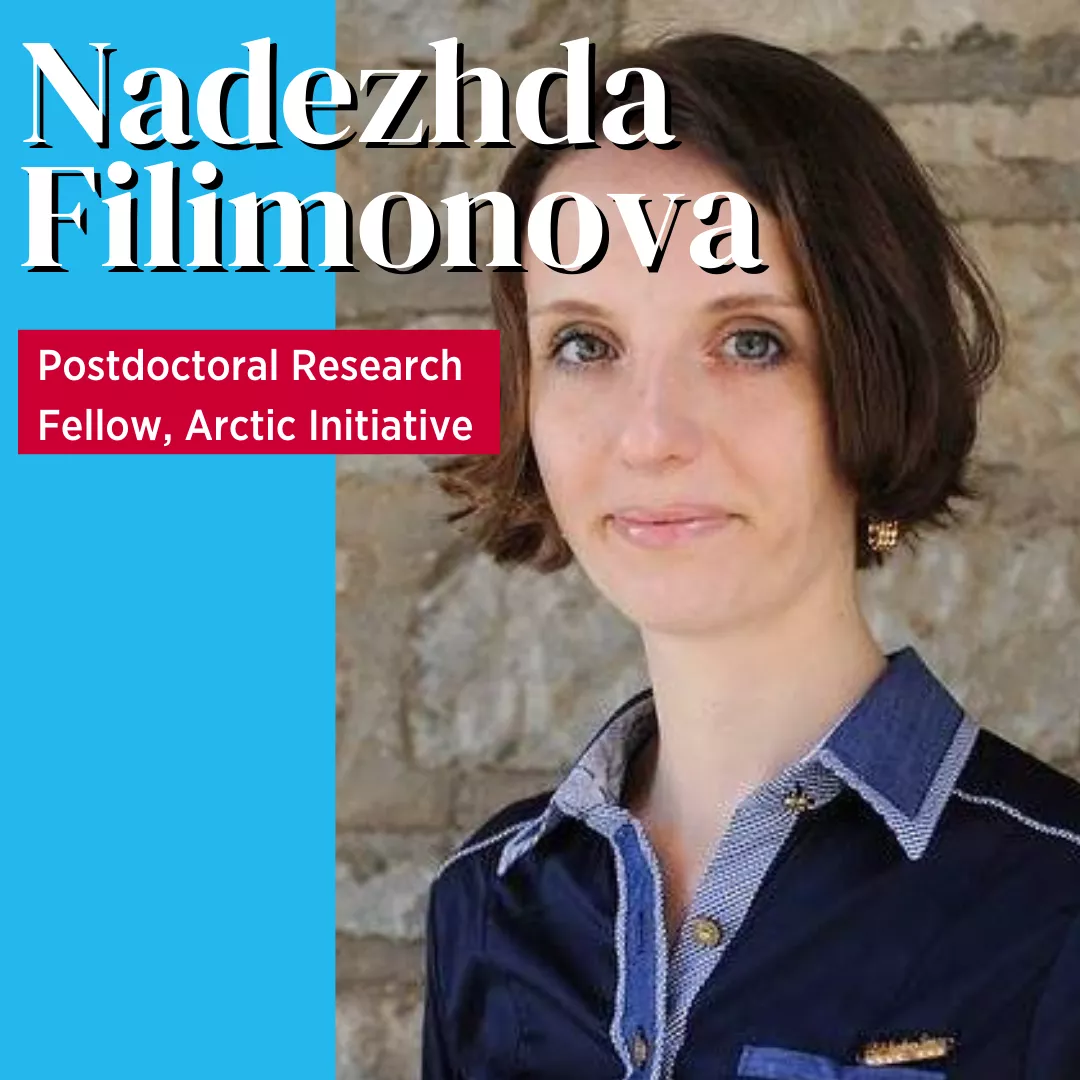
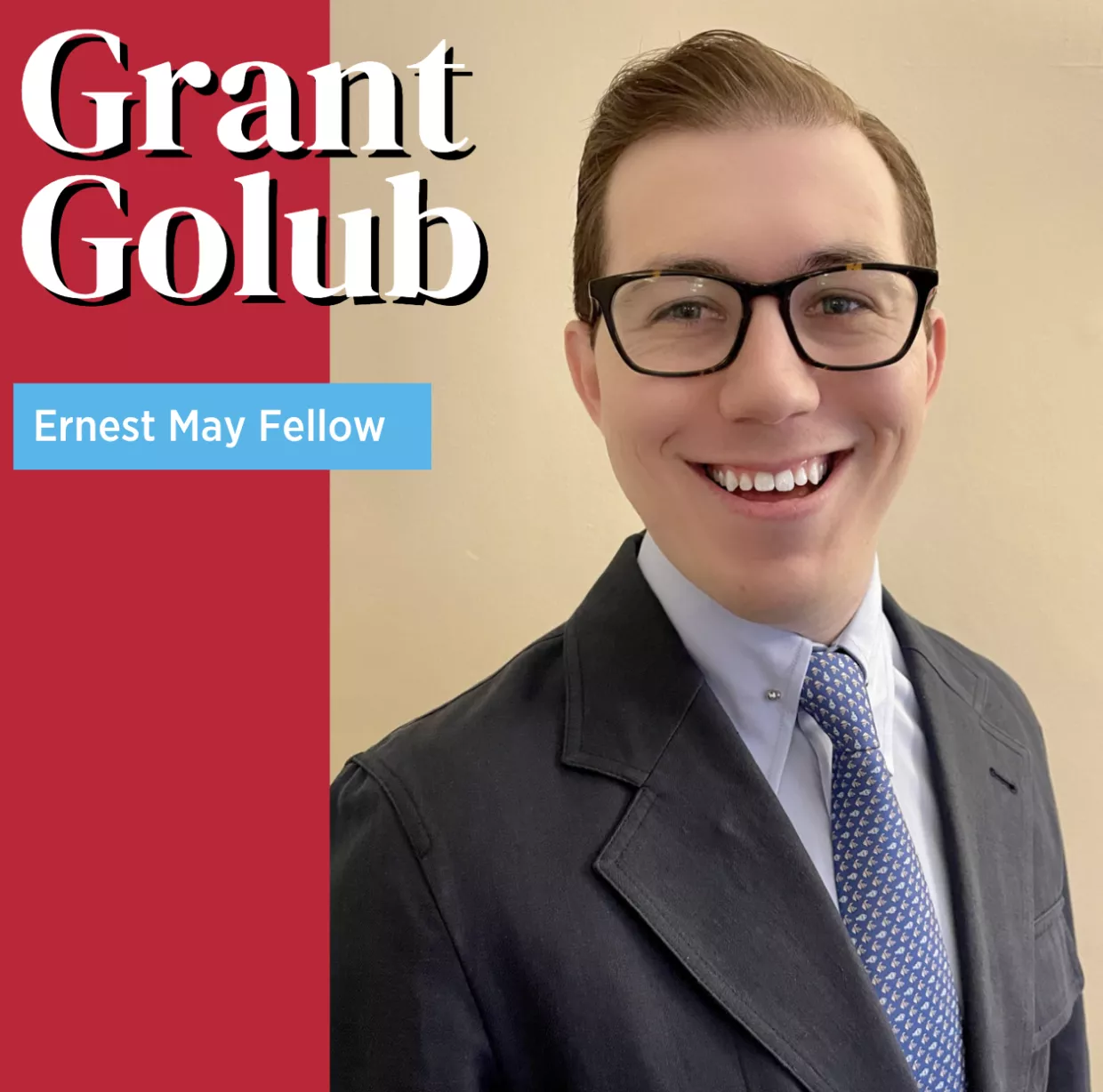
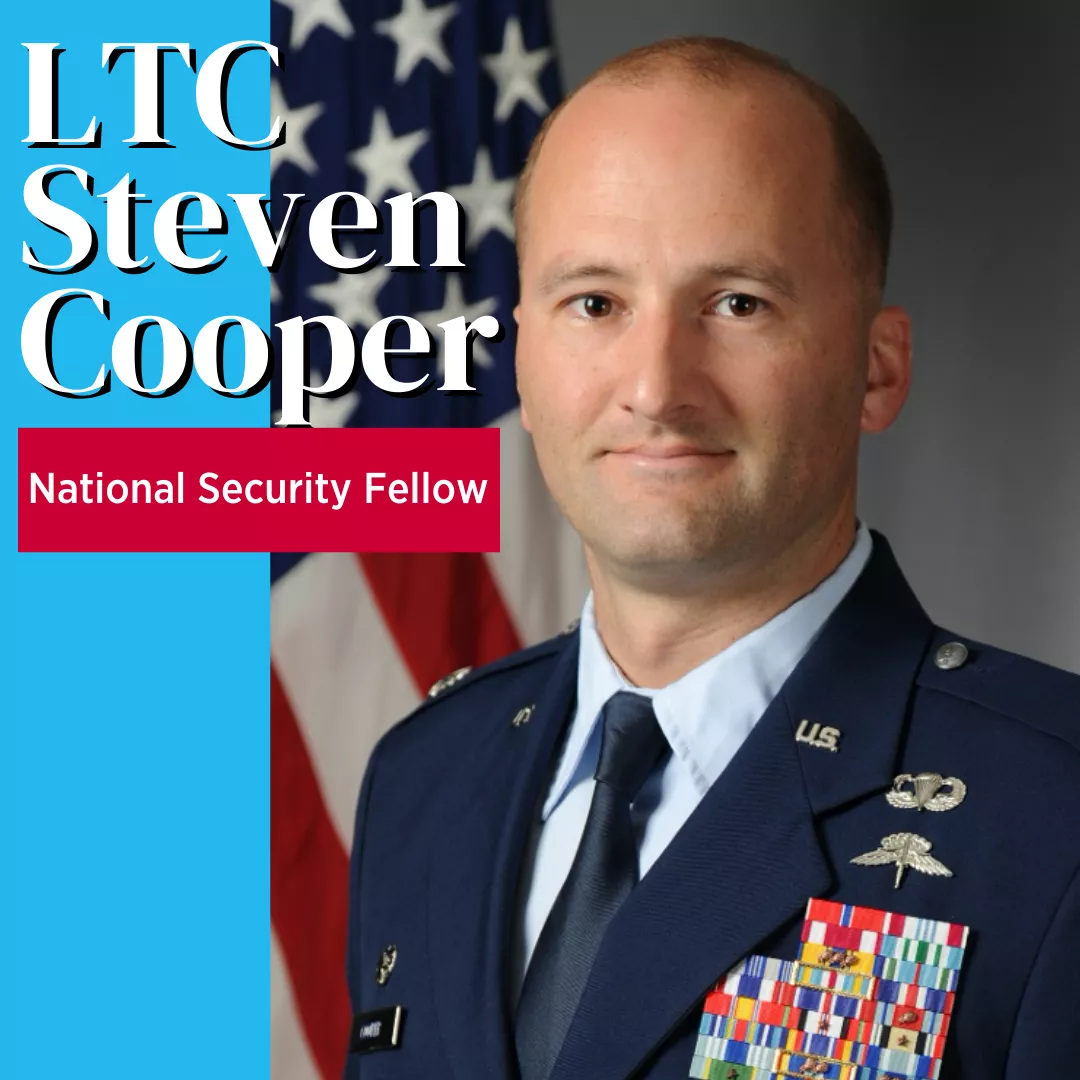
Lieutenant Colonel Steven M. K. Cooper (National Security Fellow) was born in Baltimore, Maryland. He entered the Air Force in June 2004 as a graduate of the U.S. Air Force Academy. Lieutenant Colonel Cooper has led Special Tactics and Joint Forces in Operations ENDURING FREEDOM, IRAQI FREEDOM, ODESSEY DAWN, INHERENT RESOLVE, UNIFIED PROTECTOR, and other contingency operations. He received his Bachelor of Science in Military History from the U.S. Air Force Academy in 2004, his Master of Science in Leadership Studies at Capella University in 2013, and his Master of Science in Defense Analysis from the Naval Postgraduate School in 2018.
